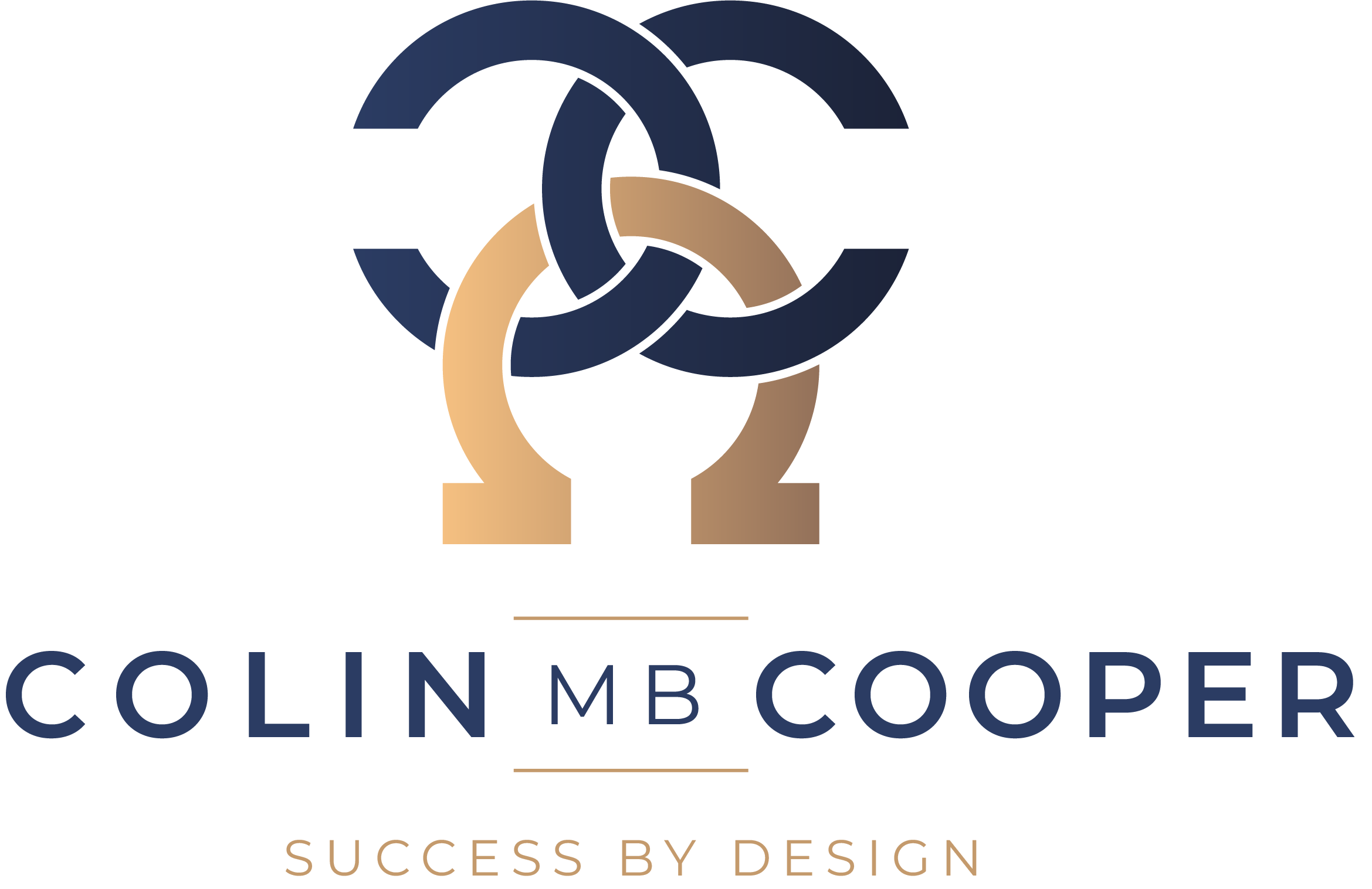The first rule of creating products, a new service offering, or of planning events is to understand your audience. This is true no matter what business or market you are in. You must be connected with the pulse of your audience to know in advance whether or not they can afford your event, want and need what you offer, and can take advantage of the opportunity.
Learning about your audience will also help you overcome many objections such as cost, subject matter, location, and time.

Your Audience’s Budget
If you know your audience well, you’ll know what type of disposable income they have. This allows you to plan and price your event accordingly. Once you know what they can afford, you can create a realistic budget for your event based on your audience’s ability to pay.
The Topics They Care About
Knowing your audience will help you pick just the right topic and theme for your live, in-person event. Remember, you need to make them want to leave their home to listen to your subject matter.
The People They’d Want to Meet
Aside from meeting you in person, there may be others whom they would really want to meet in person. It’s important for you to know who these people are so that you can invite them to attend as a keynote speaker or JV partner for the event.

Locations They’ll Love
Understanding who your audience is also helps you know what locations they’d love to visit. Even though in most cases people don’t see much of the area they’re in when they attend an event, the location still matters. Will it be too cold, too hot, too exotic, too costly? Only knowing your audience well can help you determine which is best.
At the Right Time
The other concern that knowing your audience can help clarify is the time factor. When an event should be held – which time of year, which days of the week or over a weekend – can all be answered by a thorough understanding of your audience.
Knowing your audience will help you overcome any objections they may have to attending a live event. Use your knowledge to create a live event that they’d want to attend, can afford to attend, and are able to attend. To learn more about your audience, it’s important that you go where they go (online and off), survey them, and listen to what they have to say.
You can study your audience via social media, free in-person meet ups and webinars. Leave no stone unturned to learn more about your audience so that you can put on a live event that is both profitable and fun for all involved, including yourself.



